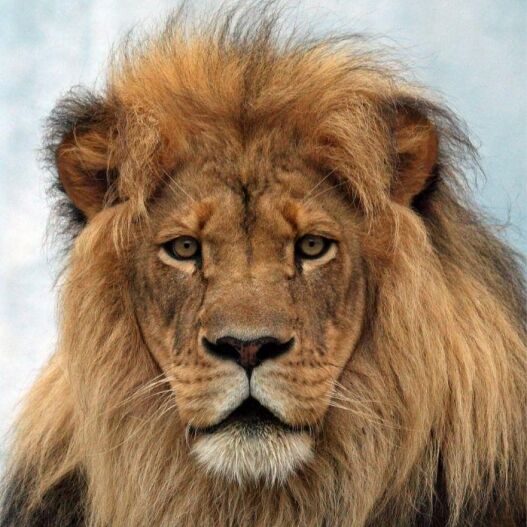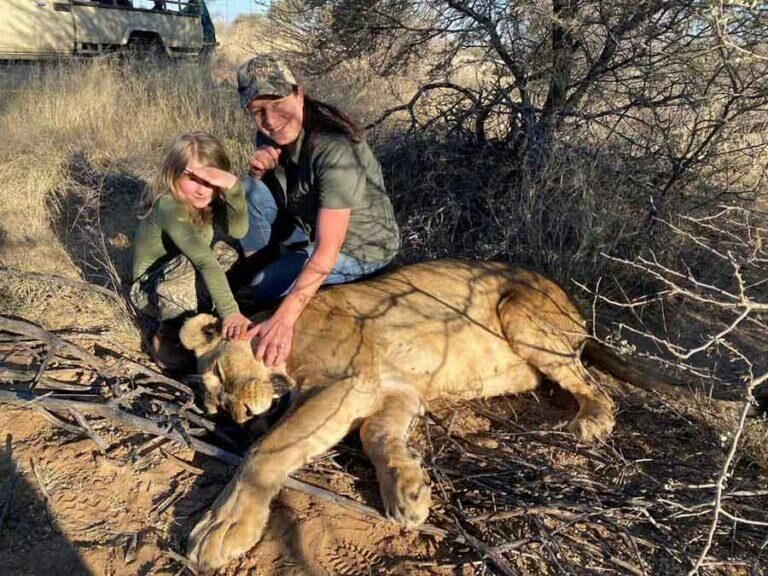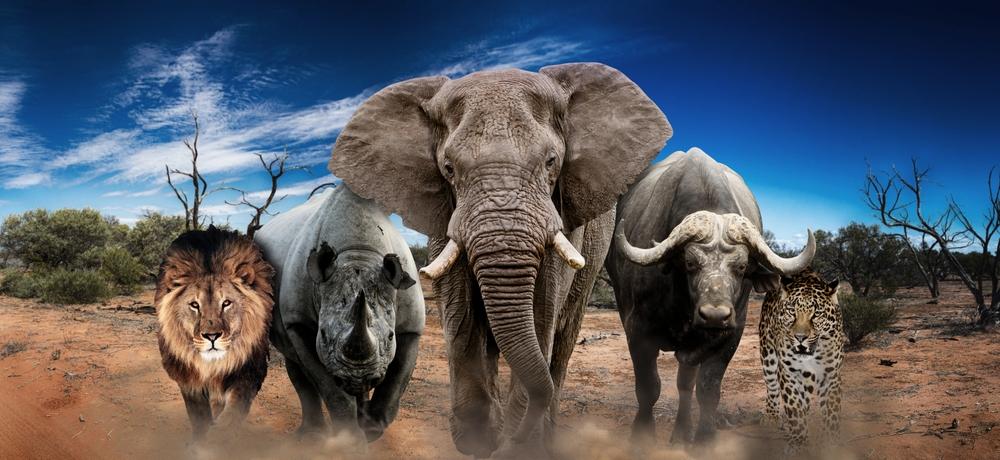
Pierre van Wyk, Co-Founder of Game Hunting Safaris, penned an insightful article titled “Hunting Lion in Africa: The Top Three African Destinations,” which was published in African Expedition Magazine on March 14, 2024. This comprehensive piece delves into the intricate details and considerations involved in lion hunting across Africa, highlighting the significance of such activities in wildlife conservation and economic sustenance.
The Rationale Behind Lion Hunting Van Wyk begins by addressing the contentious issue of lion hunting. He emphasizes that hunting is a crucial economic driver that generates substantial revenue, which in turn supports conservation efforts. Poaching, driven by high demand for lion parts in Asian markets, poses a significant threat to lion populations. By regulating hunting and ensuring it is conducted legally and ethically, mature lions older than six years can be harvested, reducing the incentive for illegal poaching.
The article provides an overview of lion populations across key African destinations. Tanzania boasts the highest number of wild lions, followed by Zimbabwe. South Africa, although having a large lion population, is primarily known for its controversial practice of canned hunting, where lions are bred in captivity specifically for hunting. Despite ongoing legal status, there are plans to ban this practice due to mounting international pressure.

The article provides an overview of lion populations across key African destinations. Tanzania boasts the highest number of wild lions, followed by Zimbabwe. South Africa, although having a large lion population, is primarily known for its controversial practice of canned hunting, where lions are bred in captivity specifically for hunting. Despite ongoing legal status, there are plans to ban this practice due to mounting international pressure.
Tanzania is lauded as the premier destination for lion hunting, primarily due to its high-quality services, well-maintained facilities, and abundant lion population. The country offers a rich history of big game hunting, with famous hunters like Frederick Courtney Selous and Harry Selby contributing to its legacy. Lion hunts in Tanzania require a minimum 21-day hunting license and can range from the Selous Game Reserve to Masailand. Notably, Tanzanian lions are prized for their manes, though the maneless lions of southern Tanzania are known for their formidable nature.
Ranked among the top three destinations, Mozambique offers a more untouched and wild hunting experience. Lions in Mozambique can be hunted at night using artificial light, with the Niassa province being particularly renowned for quality lion trophies. The minimum duration for a lion hunt here is 14 days, extendable to 21 days. Mozambique also provides opportunities for hunting other dangerous game, such as buffalo, often producing impressive trophies known as “dagga boys.”
Zimbabwe’s rich biodiversity and well-regulated hunting industry make it a favored destination for lion hunters. Matetsi stands out as a prime location due to its abundant wildlife, including elephants, buffalo, and various plains game species. Van Wyk advises hunters to ensure their professional hunters and outfitters are registered with the Safari Operators Association of Zimbabwe (SOAZ) to avoid issues related to corruption and permit irregularities. Zimbabwean professional hunters are known for their rigorous training and high standards, often requiring a minimum of two years to qualify.
Contrary to the beliefs of anti-hunting advocates, van Wyk argues that regulated hunting is a pivotal element in conservation. By promoting fair-chase, legal, ethical, and sustainable hunting practices, hunters contribute to the preservation of lion populations and their habitats. The article underscores that lions are not endangered in Africa, thanks in part to the substantial revenue generated by hunting, which funds conservation efforts and deters poaching.
Pierre van Wyk’s extensive experience as a hunter and wildlife enthusiast adds a personal touch to the article. Born in Port Elizabeth, South Africa, his lifelong passion for wildlife and hunting is evident. Together with his family, he owns a ranch in Limpopo, South Africa, a premier hunting destination, allowing him to indulge in his passion for big game hunting. Van Wyk’s upcoming objectives for the 2024/2025 hunting season include specialty hunts for hyena and various plains game in the Kalahari.
In conclusion, the article provides a detailed and balanced perspective on lion hunting in Africa, emphasizing its role in conservation and economic development. For those interested in exploring this topic further, van Wyk’s article in African Expedition Magazine offers an in-depth look at the complexities and benefits of regulated hunting.
To read the full article, visit African Expedition Magazine.
van Wyk, P. (2024). Hunting Lion in Africa: The Top Three African Destinations. African Expedition Magazine.

Search from our range of Hunts across various popular destinations in Africa.
Find A Hunt